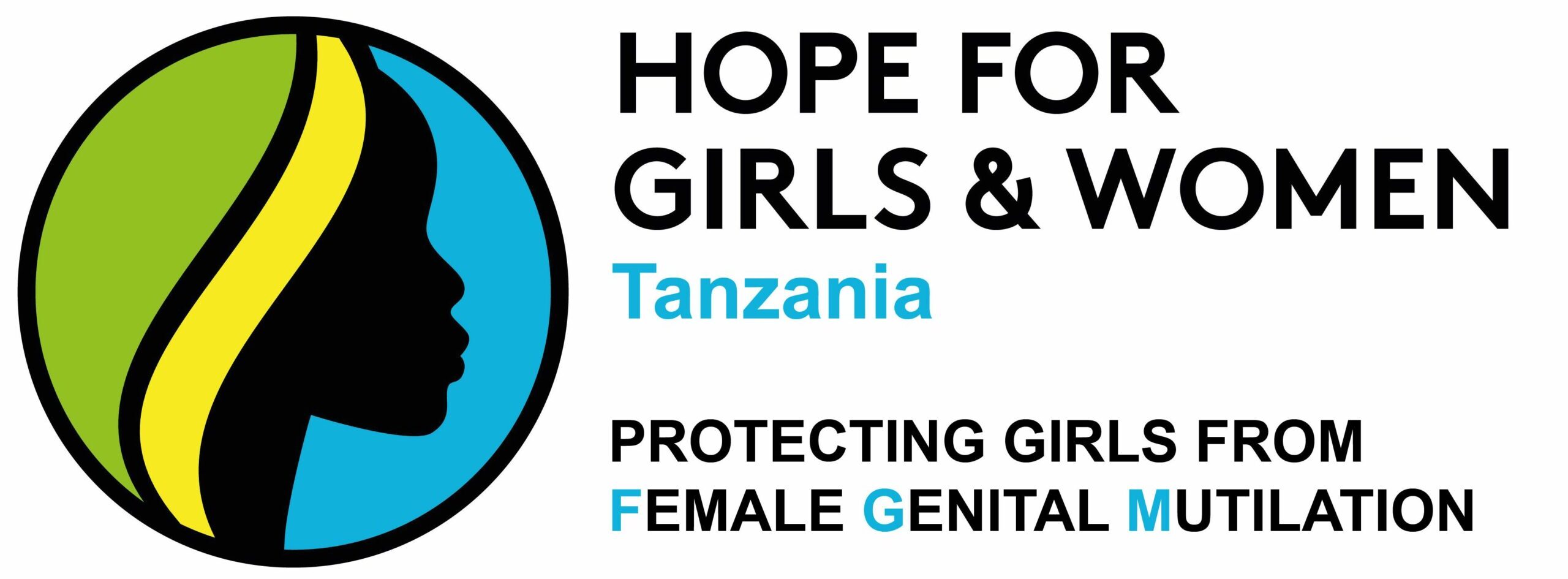Hope runs two Safe Houses, both in rented buildings in the North of Tanzania. One in Mugumu, and the other in Butiama. The number of girls increases dramatically during ‘cutting seasons’ as we never turn anyone away.
Cases include FGM/risk of FGM, battery/GBV, rape, child marriage, orphans. The ages of the girls in our care ranges from infants through to teenagers.
Rhobi Samwelly and her team often get phone calls from activists in villages around Serengeti saying girls will be cut the next day. Previously these remote villages were very hard to find, (which is why we started mapping).
Rhobi then alerts the Police Gender Desk and Social Welfare and they attempt to rescue the girls, often this is very last minute and late at night. They are brought to the nearest Safe House. They frequently arrive with only the clothes they are wearing, sometimes not even that. Many have been abused or raped by family or neighbours and are in need of medical care and counselling.
Throughout the year we educate girls on personal and social development topics including health issues and girls’ rights, as well as general school subjects. Most have low self-esteem and confidence, so Rhobi and her team work hard to address this, with the help of some amazing older girls who act as role models. There is a lot of singing and laughter and time to socialise with new friends.
Some of the girls have never been to school, or have been forced to drop out very young. So there is also a vocational programme for them, where they can learn tailoring skills, and make beautiful bags and clothes.
After the cutting season is over there is a period of reconciliation with the girls’ families, who are educated about the dangers of FGM, their daughter’s right not to be cut and to continue with her education, as well as the legal consequences of breaking the law by cutting her. Most parents then sign an affidavit saying they will not cut her and the girl is returned home.

educated on the danger FGM poses to her daughters.
In some cases, the families refuse to do this, or the Hope staff and social welfare don’t trust them not to cut the girl. So they remain at Hope, either going to school and into further education or learning a trade such as tailoring, developing skills to become an entrepreneur.
We believe our safe houses should offer the girls hope – whether that is through reconciliation with their families meaning they can return home, or pursuing fulfilling careers with our support.
Read our monthly updates here.
